The Empathy Challenge
Empathy is often misunderstood, yet it holds the key to genuine connection. How can we reclaim this powerful skill in a world that seems increasingly divided? Explore the challenge within.
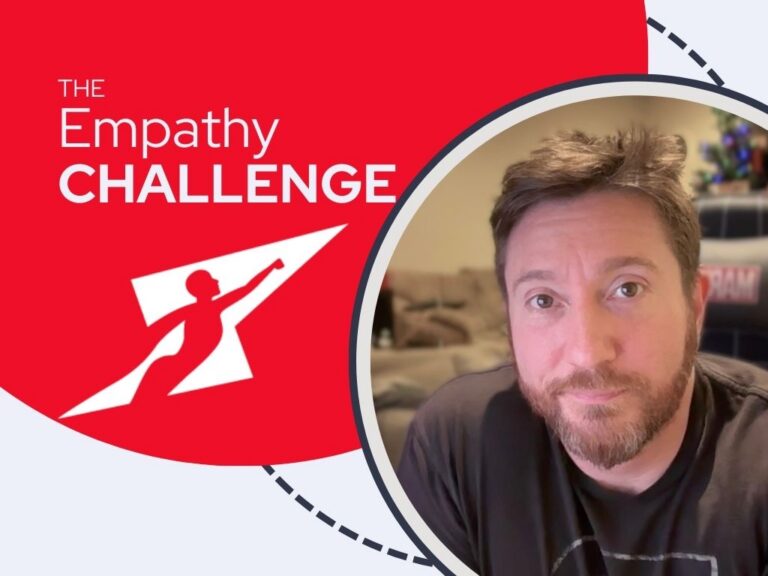
Empathy is often misunderstood, yet it holds the key to genuine connection. How can we reclaim this powerful skill in a world that seems increasingly divided? Explore the challenge within.
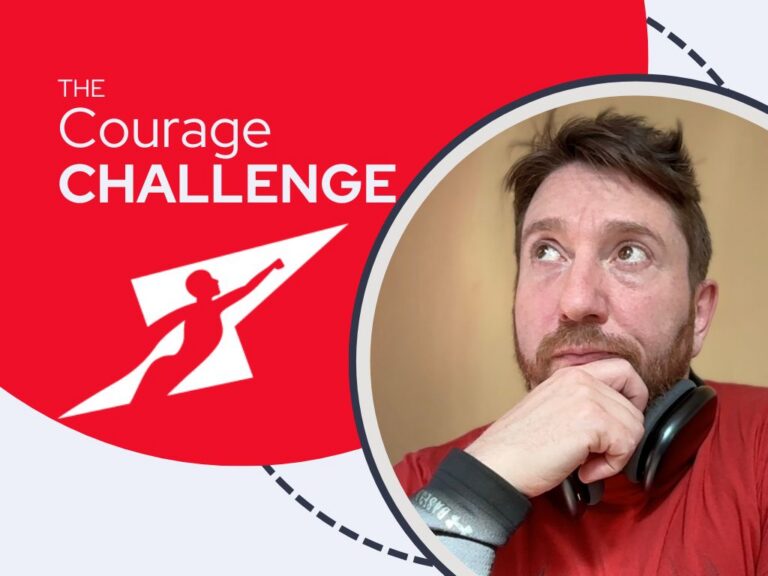
We celebrate bravery. But there’s a quieter strength that matters more for the lives we actually live –– and this week’s challenge puts it to the test.
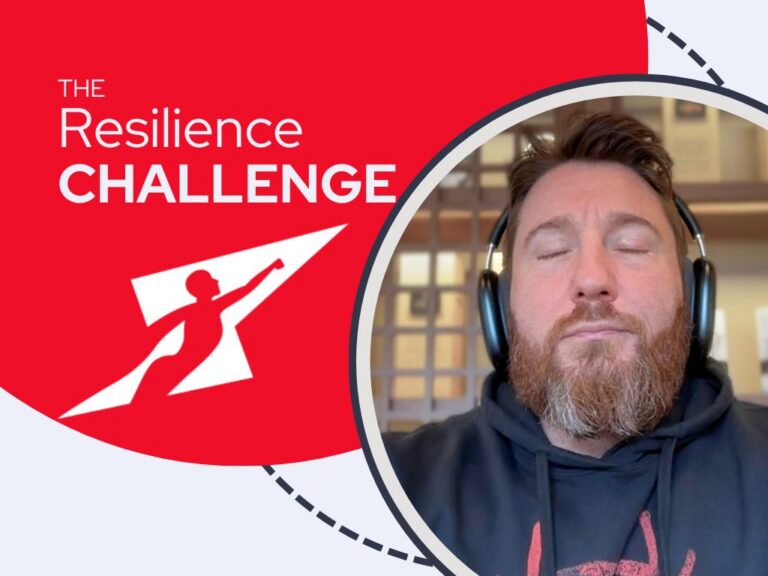
The secret to resilience isn’t what you think. It’s not about getting up faster — it’s about what keeps you getting up at all.

Snow days force us to slow down and remember what matters. But the real lesson isn’t just about rest—it’s about recognizing who keeps our world running and who suffers through emergencies every day.

Every choice is a sacrifice. We’re saying yes to one thing and no to another. As costs rise and consequences grow, now is the time to get clear on what you’re willing to give up—before you have to decide.
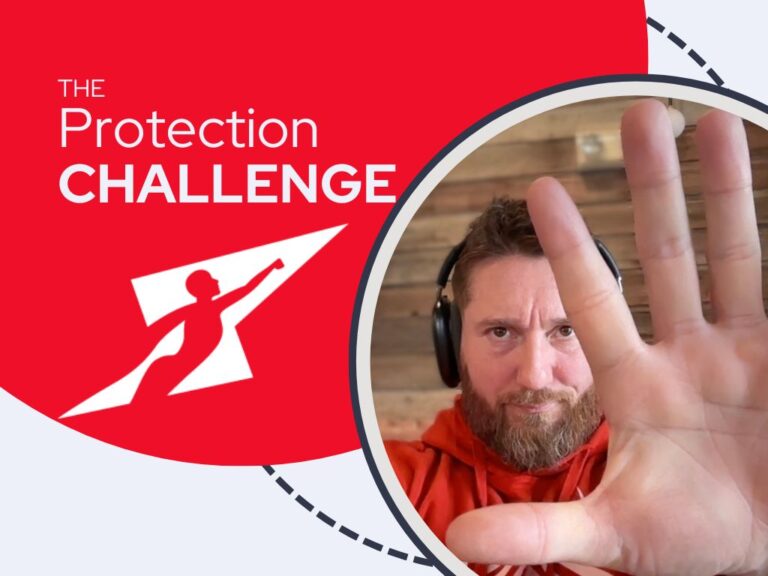
Protection is the willingness to intervene to interrupt or prevent harm. What will you protect? Your family? Your values? A stranger? Challenge yourself to expand that circle.
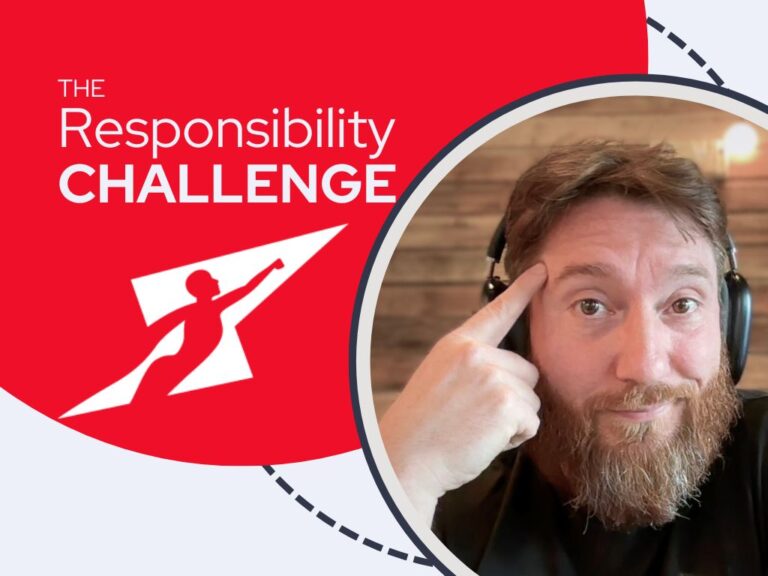
Responsibility isn’t something assigned to you. It’s something you claim based on what you value most. The most powerful responsibilities are the ones you choose for yourself.
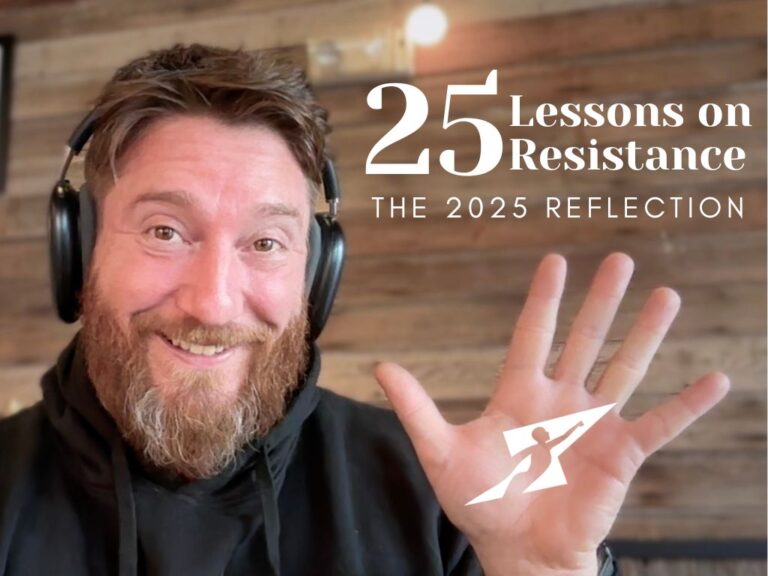
25 lessons from 2025 on resistance, collective action, and becoming more superhuman. These aren’t commandments—they’re invitations to change the world together.

We’re all on borrowed time, yet we push the thought away until tomorrow. What if we stopped waiting and started showing up today like it actually mattered? Because it does.

The end of the year isn’t dead time—it’s opportunity time. Here’s my three-step process for getting a few more wins before January while everyone else has already checked out.
End of content
End of content